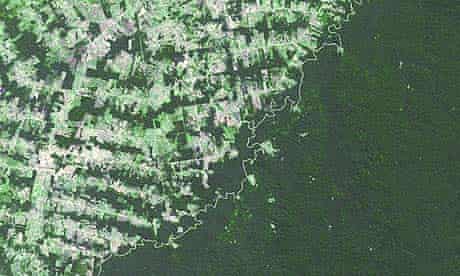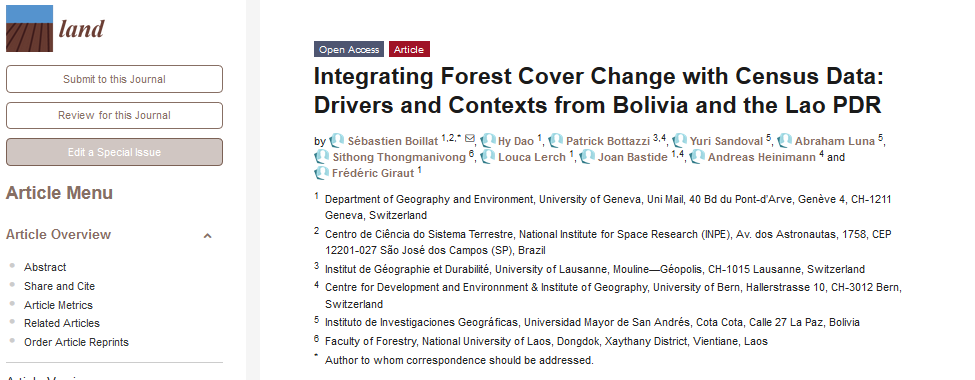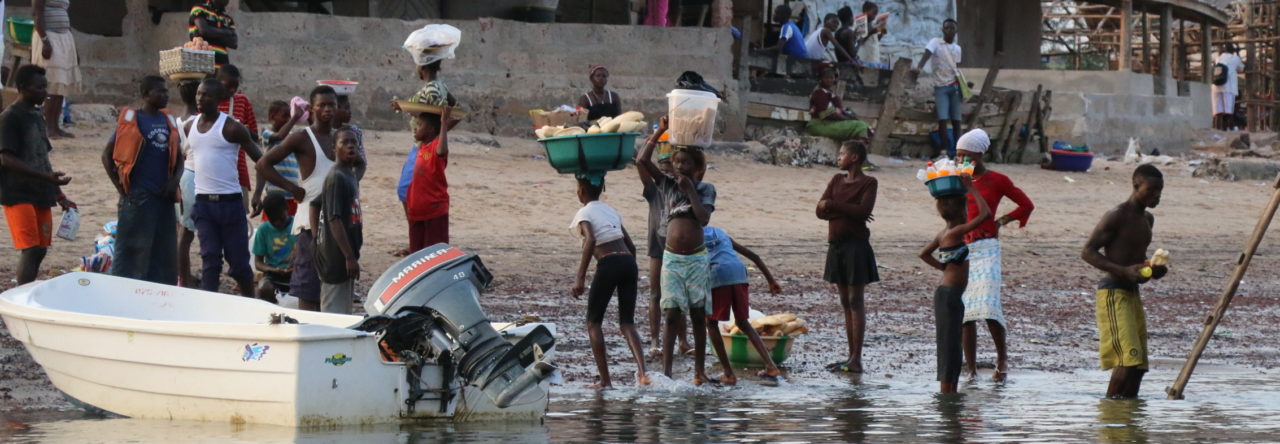
The aim of this paper is to explore possible links between forest cover change and characteristics of social-ecological systems at sub-national scale based mainly on census data. We assessed relationships between population density, poverty, ethnicity, accessibility and forest cover change during the last decade for four regions of Bolivia and the Lao PDR, combining a parcel-based with a cell-based approach. We found that accessibility is a key driver of forest cover change, yet it has the effect of intensifying other economic and policy-related underlying drivers, like colonization policies, cash crop demand, but also policies that lead to forest gain in one case. Poverty does not appear as a driver of deforestation, but the co-occurrence of poverty and forest loss driven by external investments appears critical in terms of social-ecological development. Ethnicity was found to be a moderate explanatory of forest cover change, but appears as a cluster of converging socio-economic characteristics related with settlement history and land resource access. The identification of such clusters can help ordering communities into a typology of social-ecological systems, and discussing their possible outcomes in light of a critical view on forest transition theory, as well as the relevance and predictive power of the variables assessed.

![]()

Leave a Reply
You must be logged in to post a comment.